On April 1, 2019, AstraZeneca (the maker of selumetinib) announced that the US Food and Drug Administration (FDA) granted Breakthrough Therapy Designation (BTD) for the MEK 1/2 inhibitor selumetinib for the treatment of paediatric patients aged three years and older with neurofibromatosis type 1 (NF1) symptomatic and/or progressive, inoperable plexiform neurofibromas (PN). BTD is designed to expedite the development and regulatory review of medicines that are intended to treat a serious condition and that have shown encouraging early clinical results, which may demonstrate substantial improvement on a clinically-significant endpoint over available medicines. This BTD is based on Phase II data from the SPRINT trial, testing selumetinib as an oral monotherapy in paediatric patients, aged three years or older with inoperable NF1-related PN. The results of this trial were presented by the National Cancer Institute (NCI) at the 2018 American Society of Clinical Oncology Annual Meeting. This notable achievement of BTD was possible because of a collaborative spirit between industry, academic, public agency, and philanthropic partners working together. In this respect, the Neurofibromatosis Therapeutic Acceleration Program (NTAP) at Johns Hopkins University has been part of a community of funders led by the Children’s Tumor Foundation (CTF), who brought together the National Institutes of Health (NIH) (including the Pediatric Oncology Branch of the National Cancer Institute (NCI) and the National Institute of Neurological Disorders and Stroke (NINDS), and the Congressionally Directed Medical Research Programs (CDMRP), to proactively work together to ensure that funding for NF was efficient, not duplicative, and reflective of the patient voice. As a result of these efforts the stage is now set for an expedited regulatory review for a medicine to treat patients with PN.
